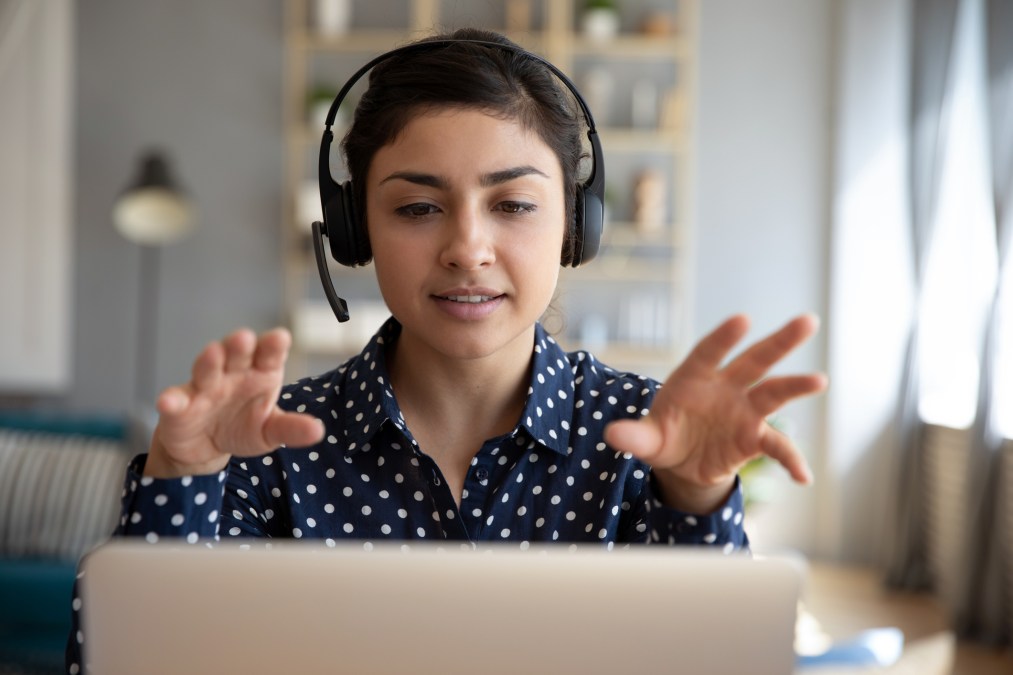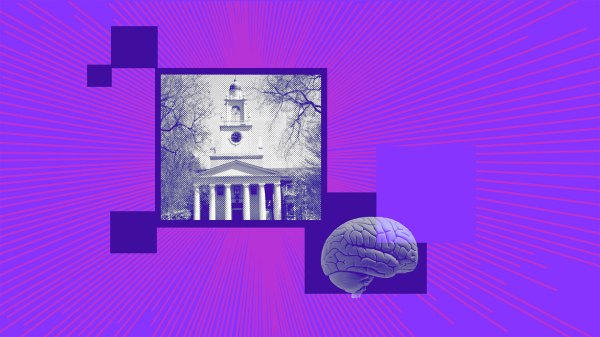San Diego State moves community mental health clinic online

The physical doors of San Diego State University’s community counseling program are closed due to the coronavirus pandemic, but master’s student counselors are now providing the service online, the university announced last week.
The program, which is housed within the the university’s Dede Alpert Center for Community Engagement, moved online in mid-March when the university moved to virtual instruction. As that change was happening, the administrators of the community counseling clinic staffed by master’s students had to prepare to serve more than 600 clients in a new way.
“Getting 72 student therapists trained to do online psychotherapy in basically a week and a half felt like a Herculean feat,” Juan Camarena, the executive director of the Center for Community Counseling and Engagement said. “It’s mission critical for us as a college. We tout social justice, and to me, social justice means serving 601 clients when it’s really hard. It’s doing so while being as creative as possible and giving students the personal and academic support that they need.”
According to the university, student clinicians are now using a version of Zoom designed for health care that the company advertises as including end-to-end encryption and compliant with privacy standards like HIPAA. Therapists are also using white-noise machines to ensure that their sessions cannot be overheard.
The clinic caters to several different therapy practices including marriage and family programs, multicultural counseling and early childhood counseling.
“This is a really scary time, and one of the hardest things for parents is to be able to know how to talk to young children about what’s happening,” Lisa Linder, an associate professor in child and family development who works on the early childhood side of the center. “I think that mental health is never more relevant than in the middle of a pandemic.”
The rapid change to online counseling was aided by a recent pilot the multicultural counseling program conducted that offered virtual sessions to clients at an LGBTQ shelter in Tijuana, Mexico.
“Thankfully, we’ve been using the software programs we need for tele-mental health for years as part of our pedagogy,” said Nola Butler-Byrd, associate professor of counseling and school psychology.
A majority of clients have decided to move forward with the online counseling service, according to the university, and Butler-Byrd said the center is picking up clients from other providers who have shut down due to the pandemic.




